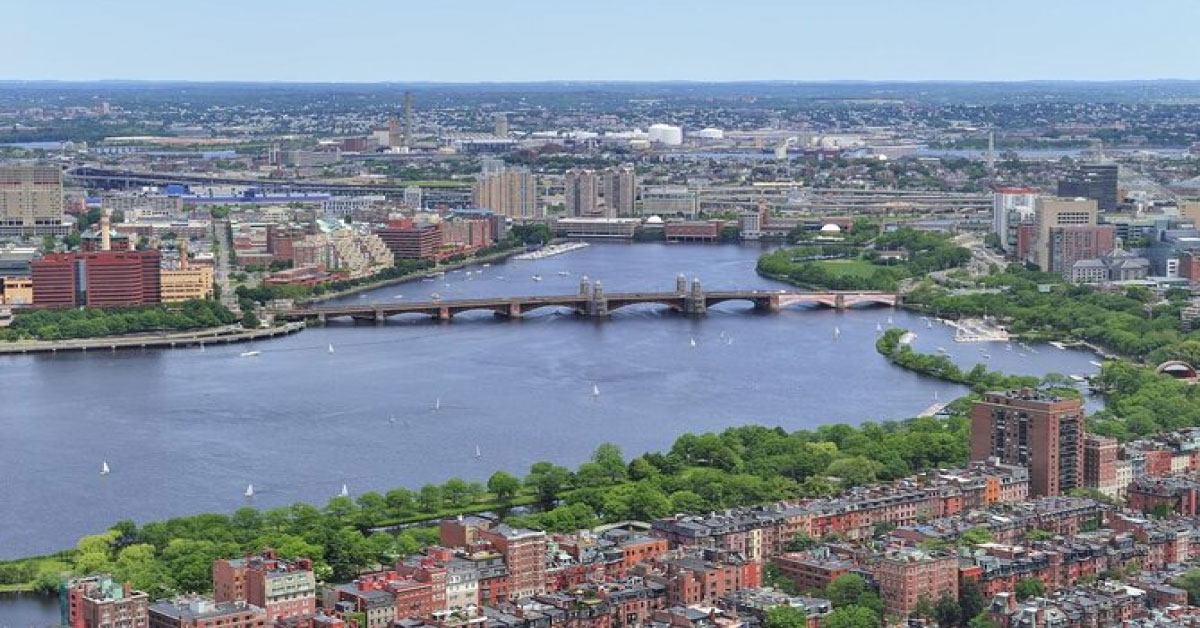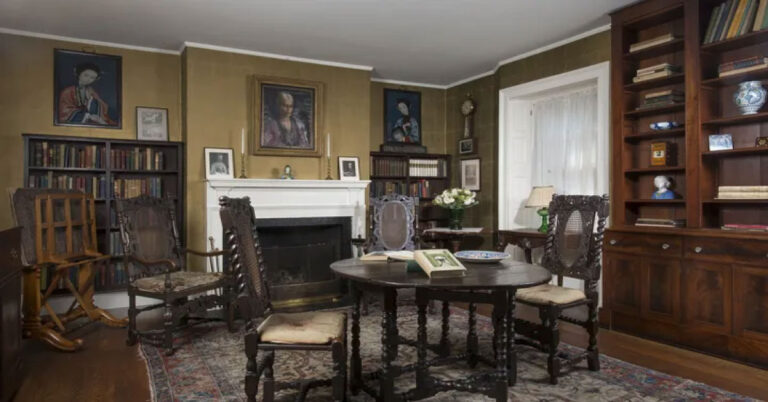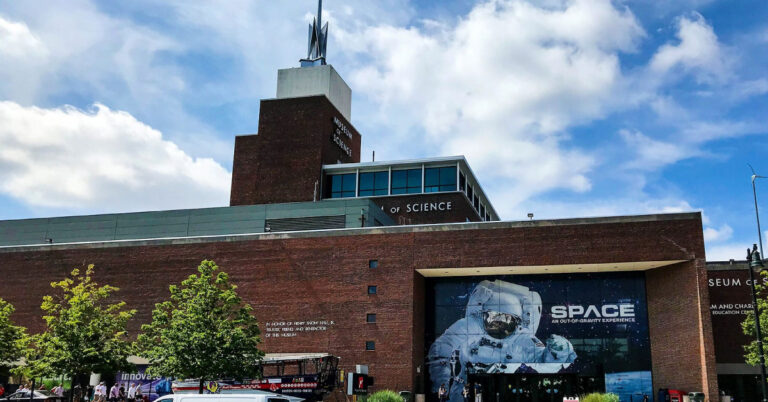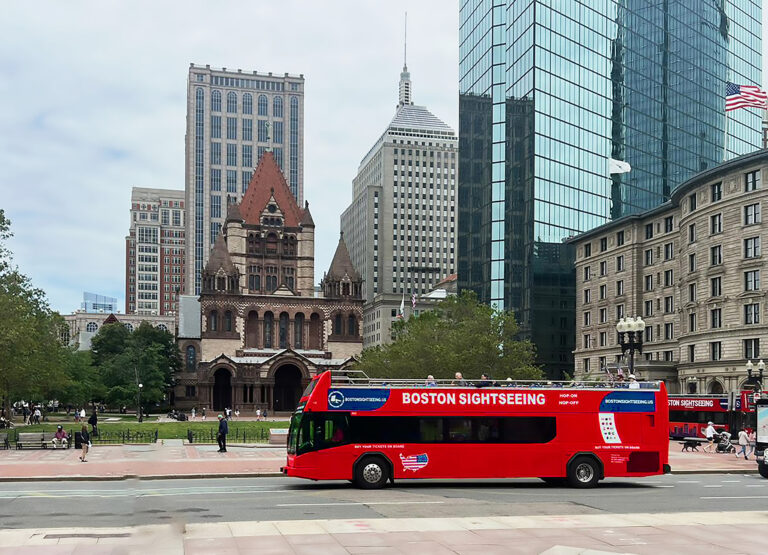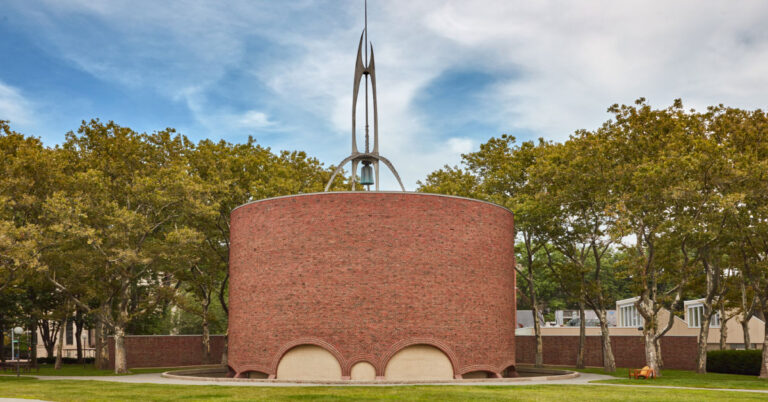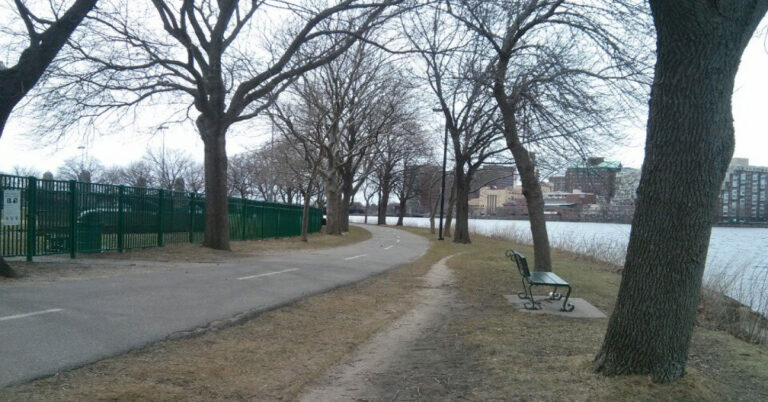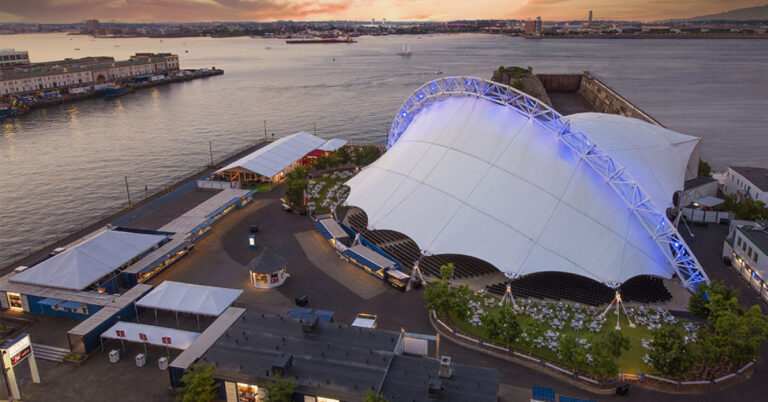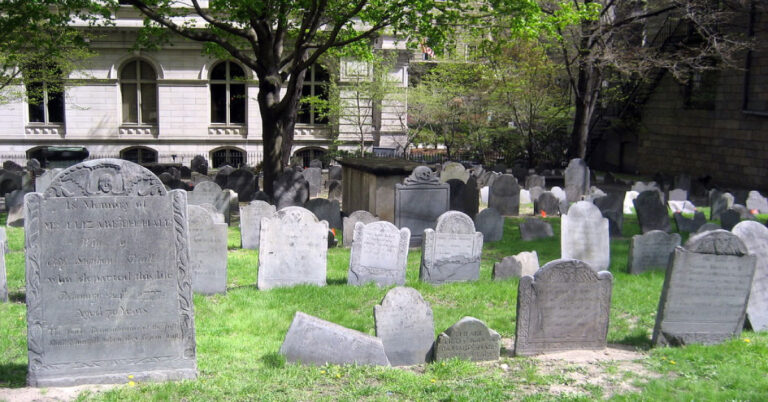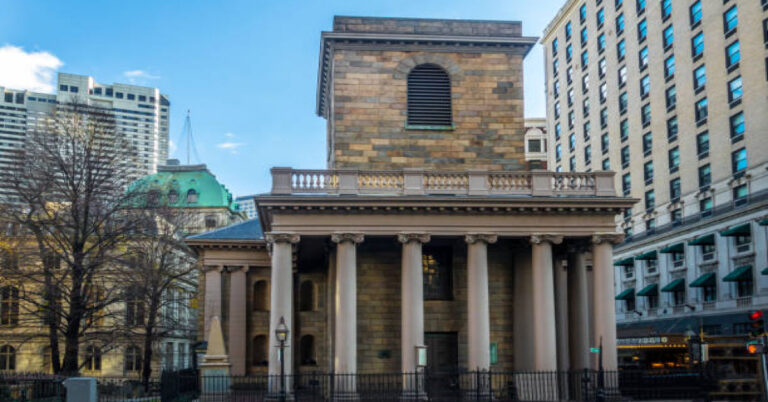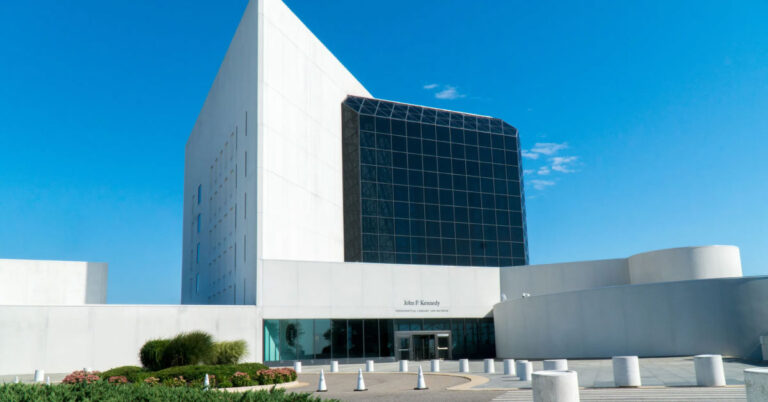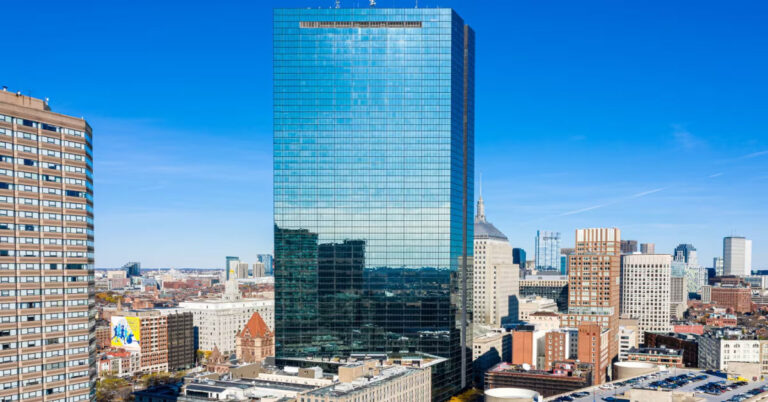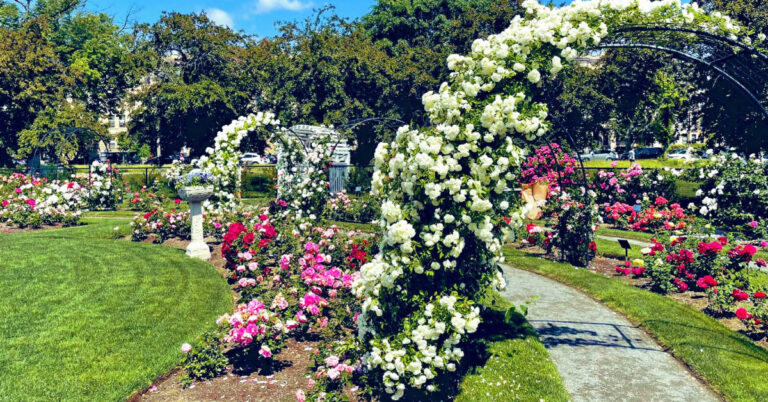The Charles River is a scenic waterway that flows through eastern Massachusetts, starting in Hopkinton and eventually emptying into Boston Harbor. It is bordered by picturesque parks, iconic landmarks, and bustling cities, making it a popular destination for both locals and tourists alike.
A Historical Perspective
The Charles River has played a significant role in the history of Massachusetts, dating back to the early 1600s when it was used for transportation and trade by Native American tribes. In 1630, the Puritans settled along its banks and established Boston, which quickly became a thriving port city thanks to the river’s strategic location.
A Natural Oasis
Despite being located in one of the most densely populated areas in the United States, the Charles River manages to maintain its natural beauty. It is home to a diverse array of plants and wildlife, including over 200 species of birds. The river is also a popular spot for recreational activities such as boating, fishing, and birdwatching.
An Architectural Wonderland
The Charles River is lined with some of the most iconic buildings and structures in Boston, such as the Harvard University campus, the Massachusetts Institute of Technology (MIT), and the historic Fenway Park. The river also offers stunning views of the city’s skyline, making it a favorite spot for photographers.
A Cultural Hub
The Charles River is not just a natural wonderland; it is also a cultural hub. Throughout the year, the river hosts a variety of events and festivals, including the iconic Head of the Charles Regatta, which attracts over 400,000 spectators each year. The river is also home to several museums and art galleries that showcase the region’s rich history and culture.
Embracing Change
The Charles River has undergone significant changes throughout its history, from being a vital transportation route to becoming one of the most polluted rivers in the country. However, thanks to extensive cleanup efforts and conservation initiatives, the river has made a remarkable recovery and is now considered one of the cleanest urban rivers in the nation.
A Symbol of Resilience
The Charles River’s story is one of resilience and perseverance. Despite facing challenges such as pollution and development, it has managed to adapt and thrive, remaining a beloved feature of the Boston landscape. Its beauty and significance serve as a reminder of the importance of preserving our natural resources for future generations.
The Charles River is more than just a body of water; it is an integral part of Massachusetts’ history, culture, and identity. Whether you’re strolling along its banks, enjoying a picnic in one of its parks, or attending a festival on its shores, the river offers endless opportunities for exploration and discovery.
